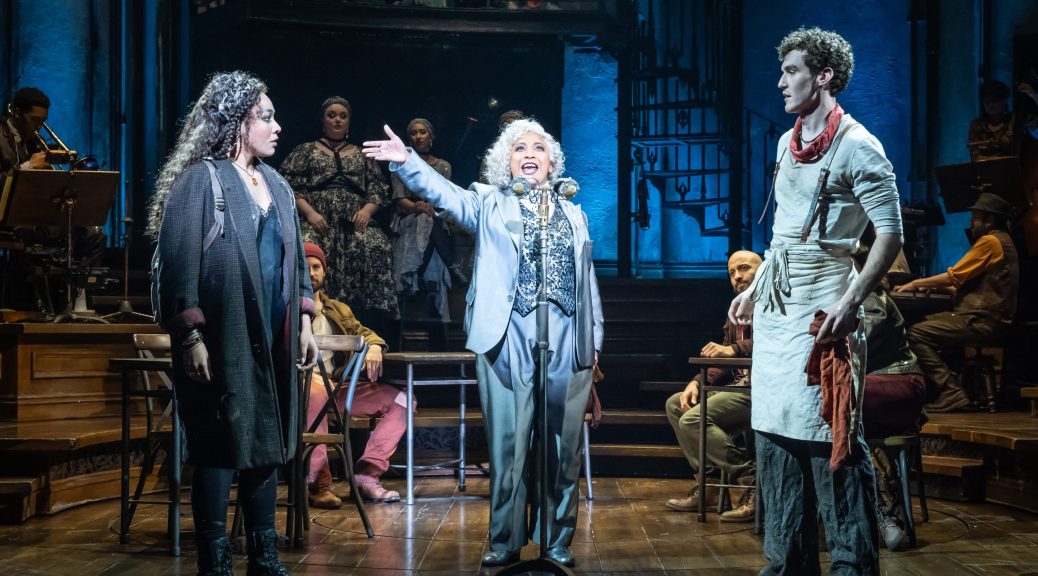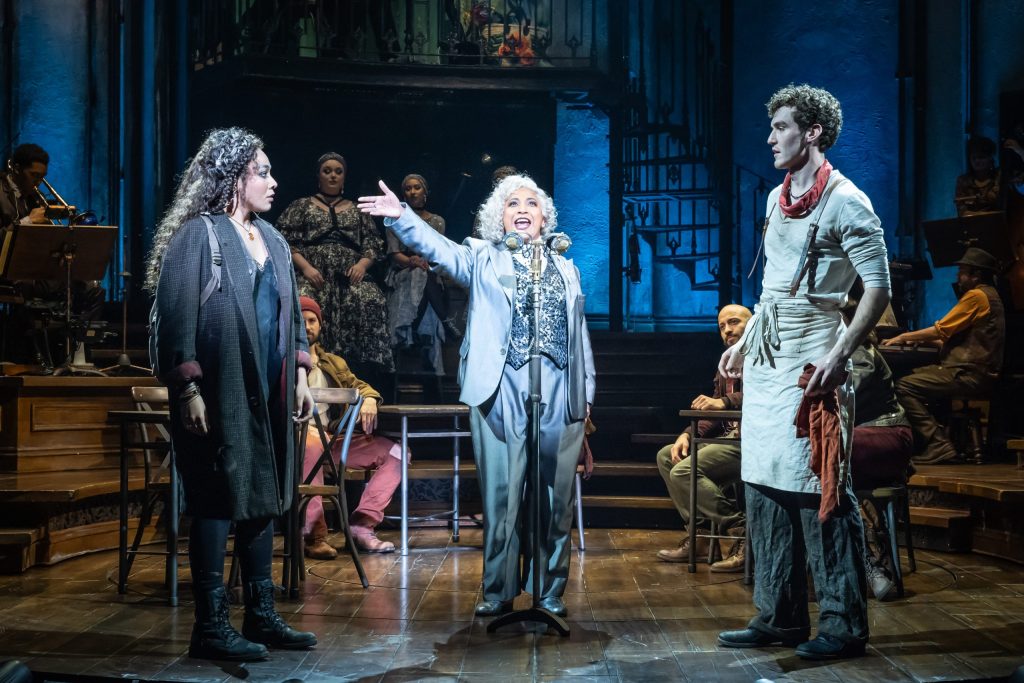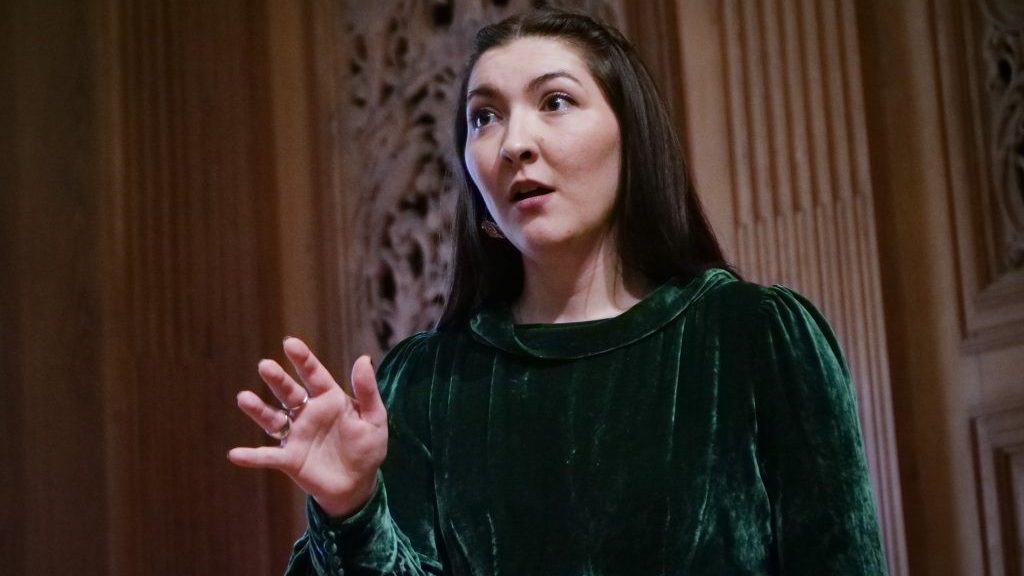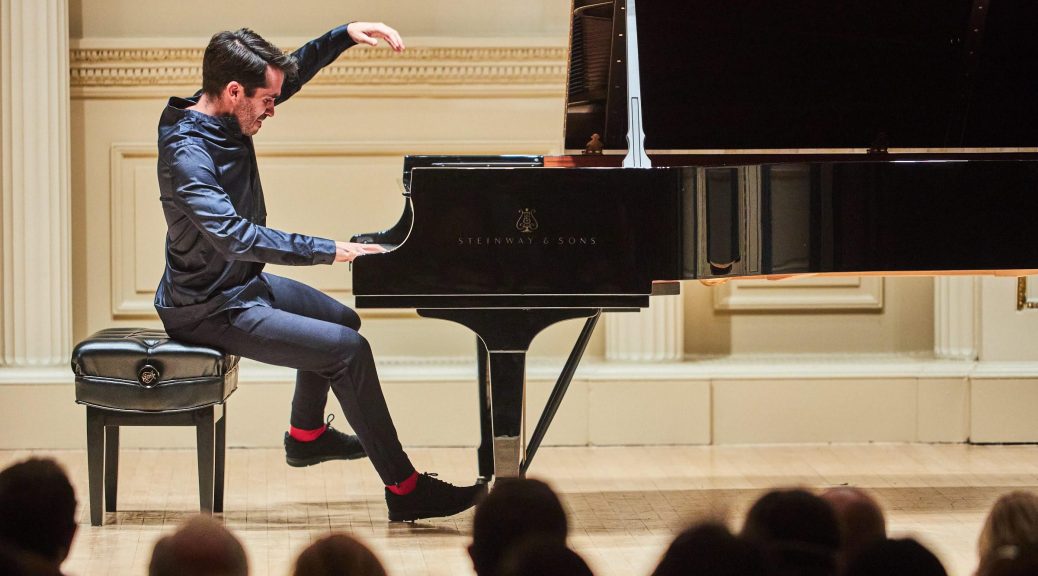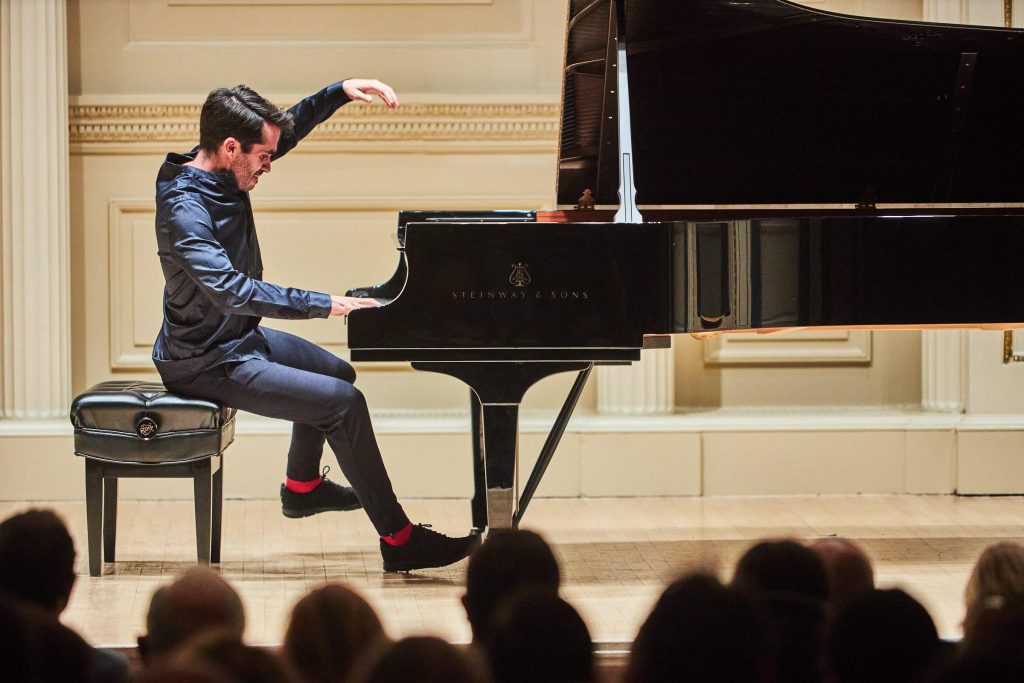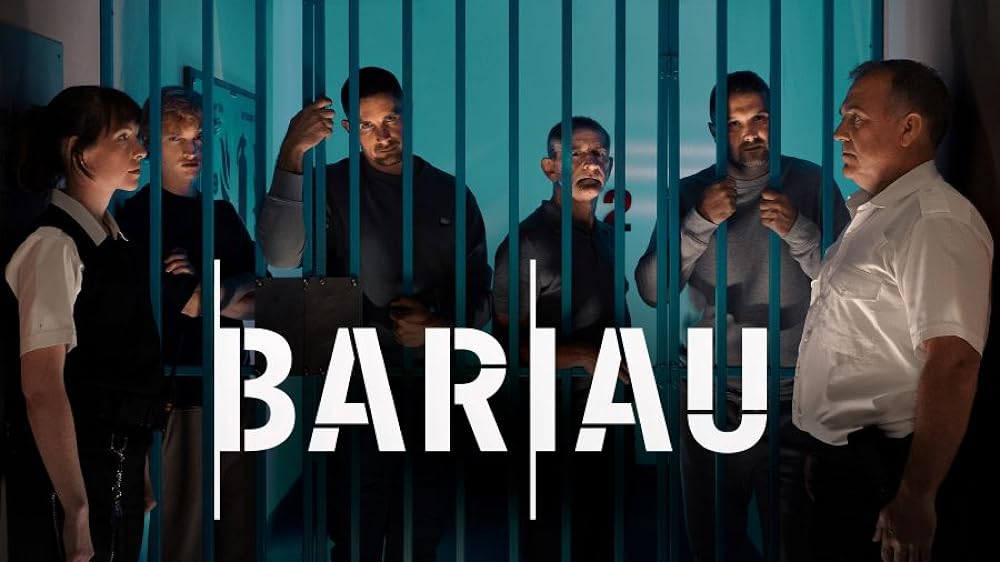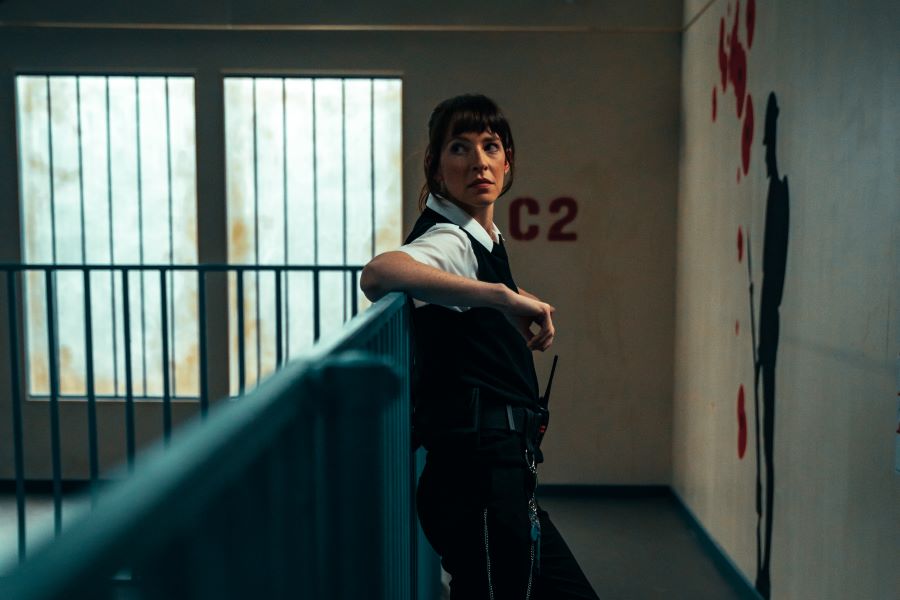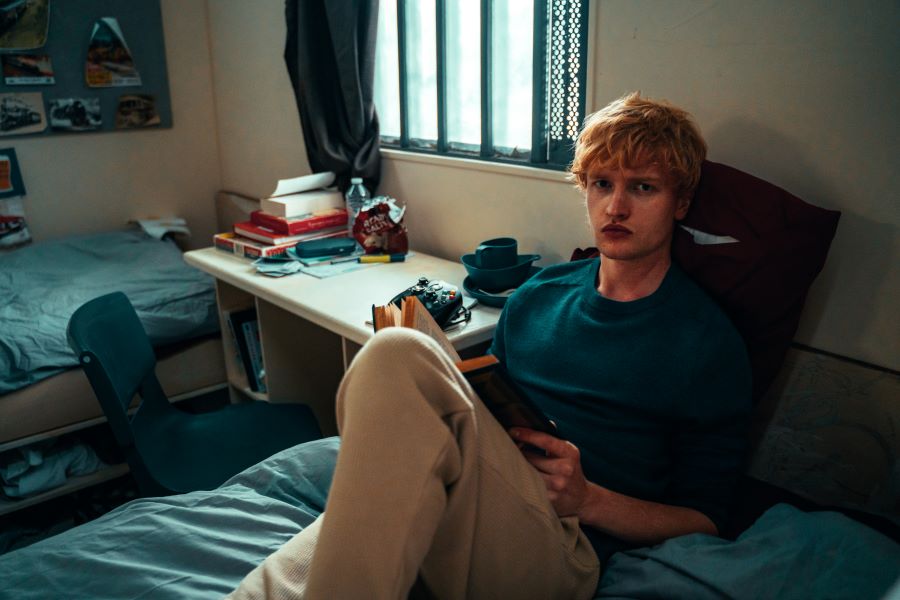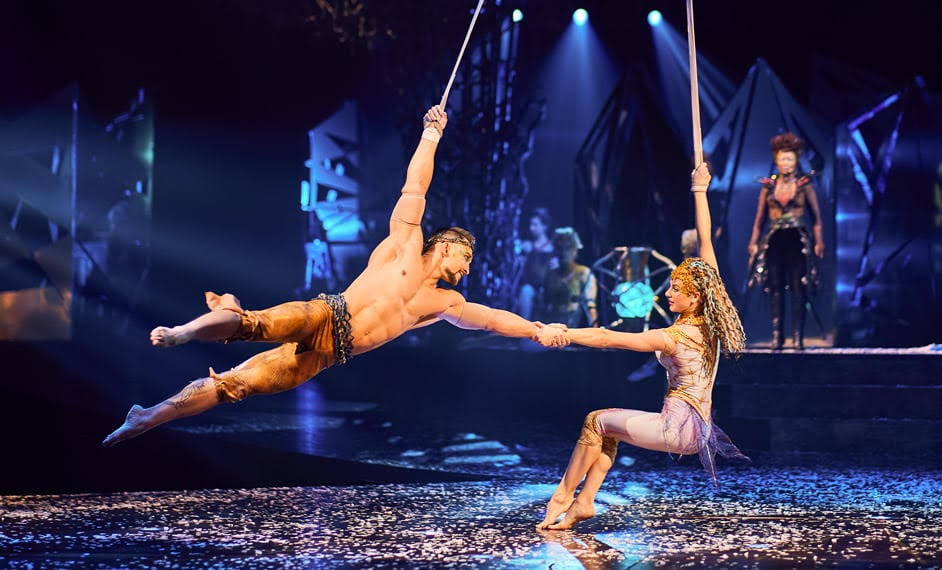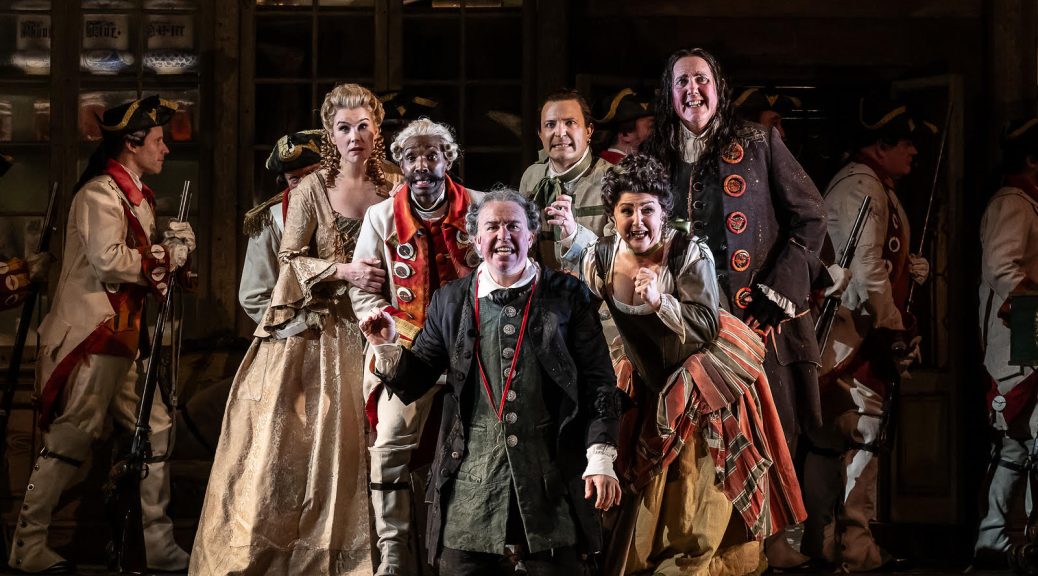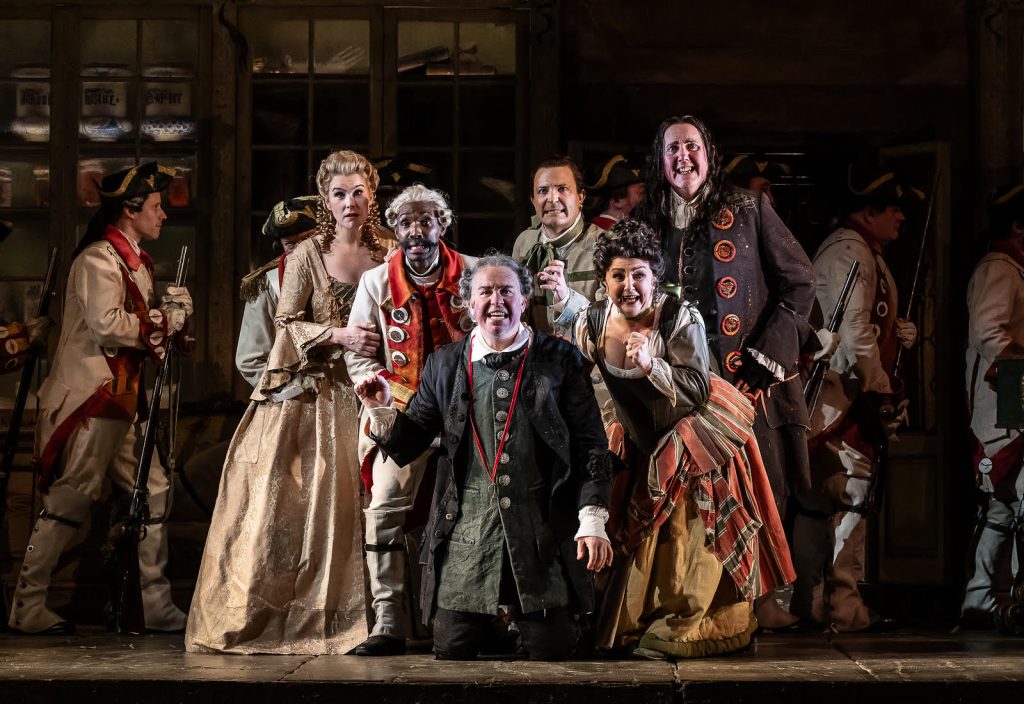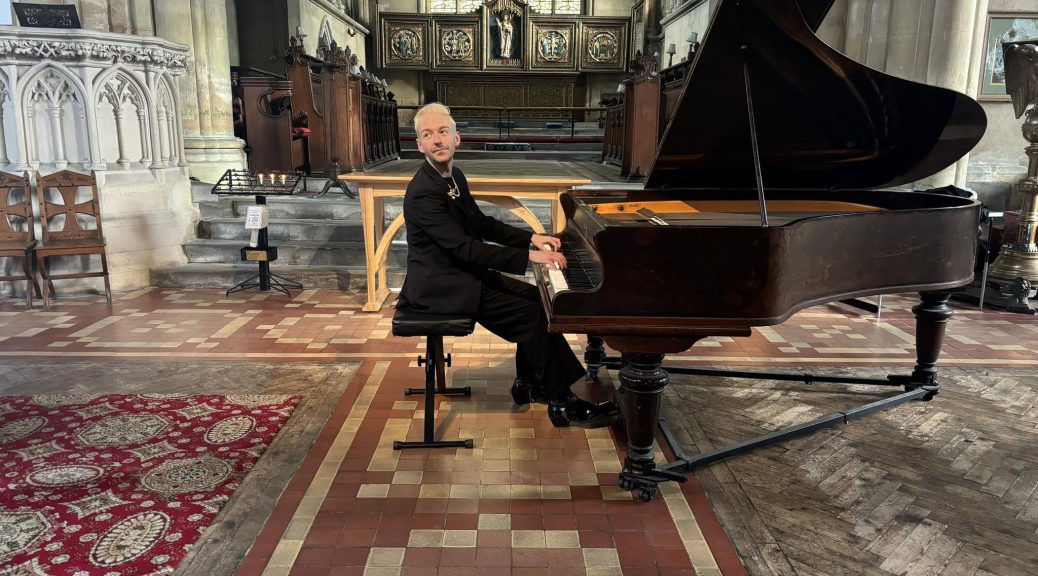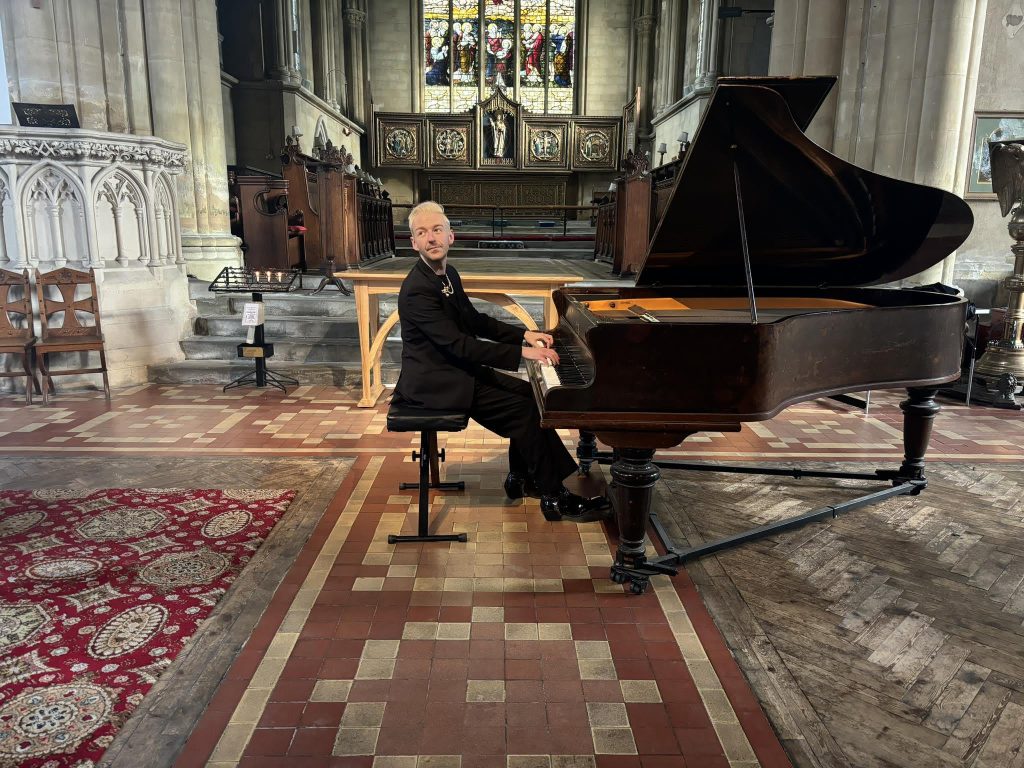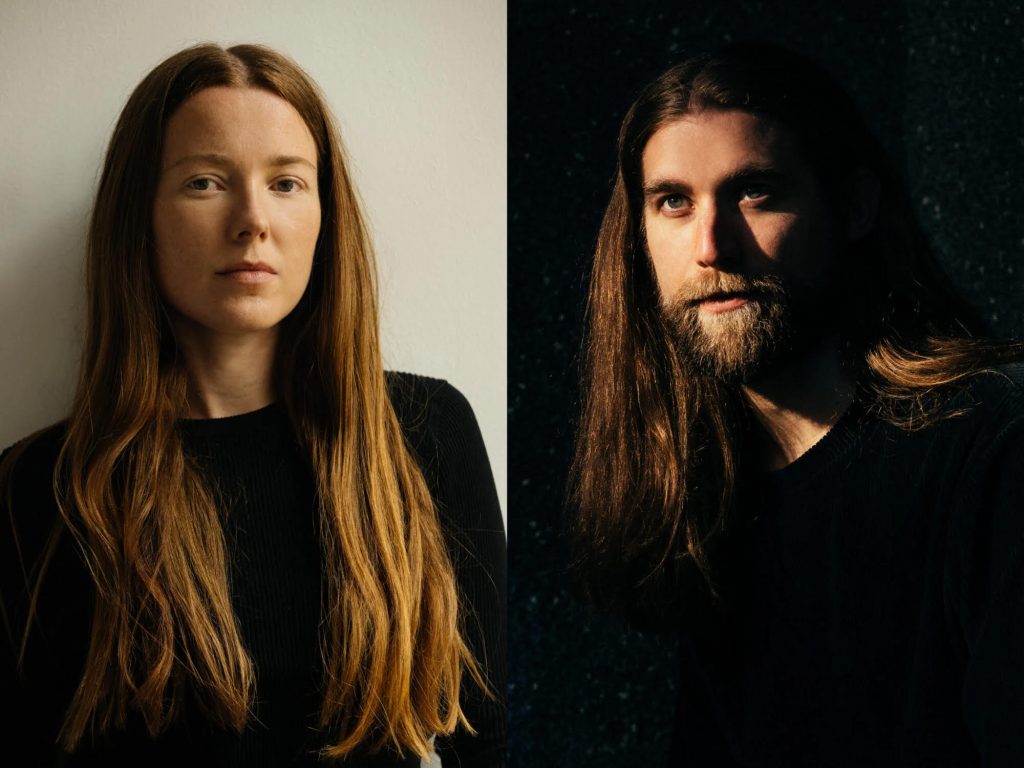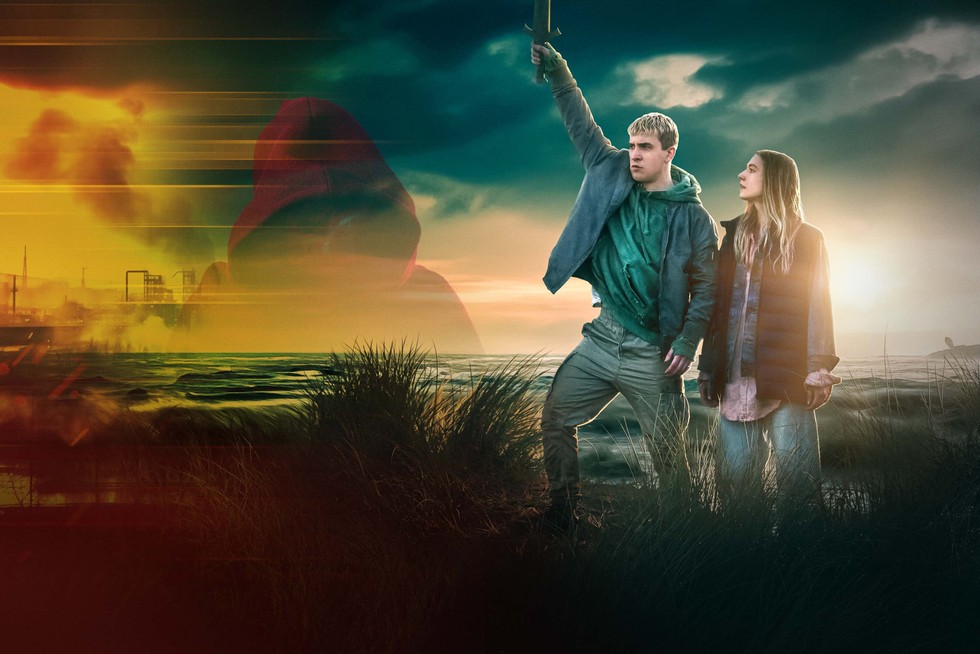
 (3 / 5)
(3 / 5)
Its title is perhaps deceiving. For there are many ways to describe The Way. Realist, certainly, but both magic and social. Incorporating documentary-style shots with archive footage. Alluding constantly to myth and legend. And that fine line between the supernatural and the imagined. All such elements contribute to what feels like something that wants to be epic. But there are so many strands to this drama that sometimes it drowns in its own details instead.

As Michael Sheen’s directorial debut, it isn’t too bad. It is not so disjointed as to be lacking any concept. The problem is that there are too many big and weighty themes being handled. Boil it down to the Driscolls – the family at the centre of this drama – and it becomes understandable. A fractured and broken unit, the four of them are forced to work together when Port Talbot becomes a site of insurrection, for which mam Dee (Mali Harries) and son Owen (Callum Scott Howells) are largely to blame. In this alternate-reality, they have no choice but to flee their country, seeking to cross the border (which is hard and fast here) into England, and on to daughter Thea’s husband Dan in Germany (played by Sophie Melville and Aneurin Barnard respectively). Their journey is strangely perilous, avoiding road blocks and any kind of surveillance in very familiar countryside and townscapes. It is a bit like watching Edgar Wright’s ‘Cornetto’ trilogy but without the humour. Everything is a lot more serious here. As if Sheen wants to create a contemporary version of a Classic tale: a 21st Century Mabinogion, if you will. But this lofty ambition is perhaps pushed too far, with hyperbolic tendencies that create, at worst, confusion, and at best, fascinating melodrama.
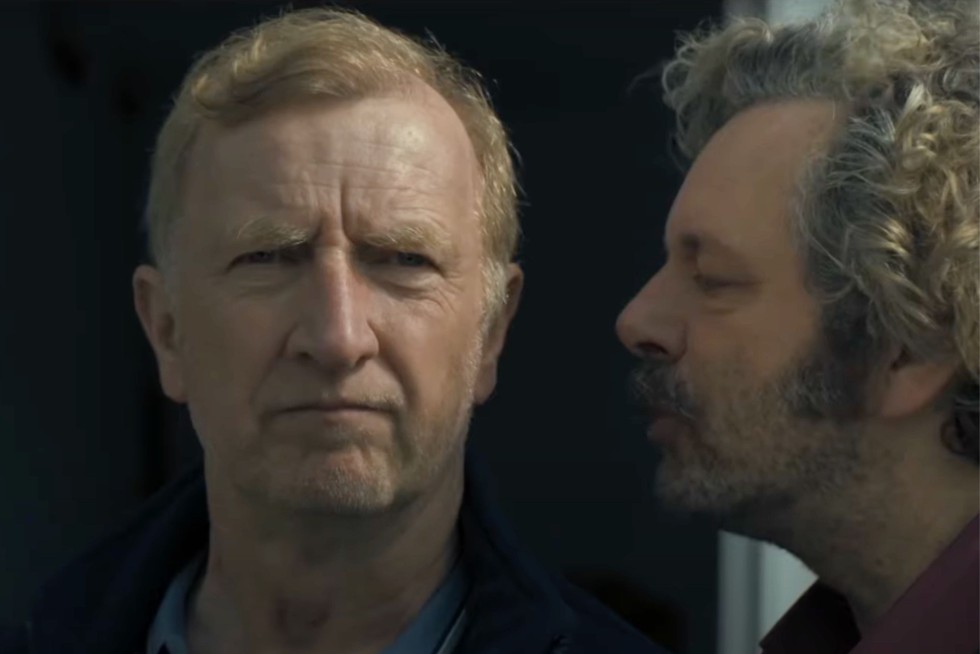
Lead actor Steffan Rhodri brings a pathos to dad Geoff that keeps the drama believable. He handles his character’s unresolved grief and melancholic temperament with a natural ease that catches the eye. In contrast to Mark Lewis-Jones’ hammed up performance as Union man Glynn and Luke Evans’ suitably brooding but underwhelming appearance as mercenary Hogwood, Rhodri embodies an everyman persona that keeps The Way grounded in its otherwise flittering state. For amidst the jump cuts, involving security cameras, social media sites, and news flashes, there are also talking teddy bears, Carry On clips, and prophetic dreams. But whilst on one level it could be described as strange, there is also a prescience to it that remains real. None more so than with the threat of job losses at the steel plant. Sheen is not content with just a standard social commentary on this issue though. He incorporates immigration, nationalism, Thatcherism, and nostalgia into a story that also wishes to say something about the nature of story itself. Not self-referentially but in the wider sense of Wales as a land of story and song.
Everything is done with good intention. But it doesn’t always result in translation. There are times when, for example, the life of the steel plant would work better as spoken metaphor, and the final monologue more affective, in the context of theatre. The Way almost shows us too much and, in doing so, doesn’t say enough. It rightly has one family at its core but a tendency to reach wider causes it to lose sight sometimes of this feature. The Way still manages to be entertaining though. Just a shame that it’s Michael Sheen’s name that gives it kudos rather than his direction or the drama itself.
Watch the full series on BBC iPlayer here.

Gareth Williams

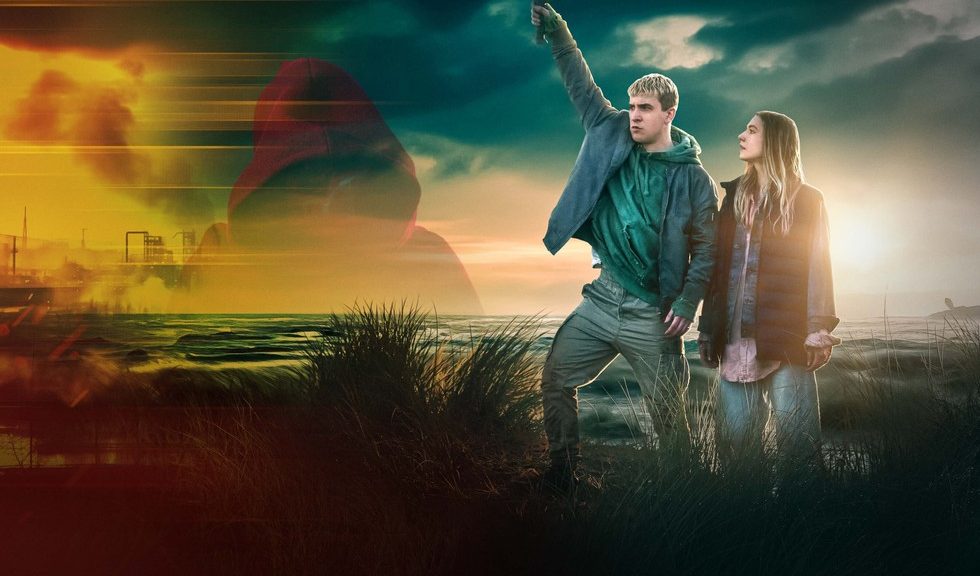
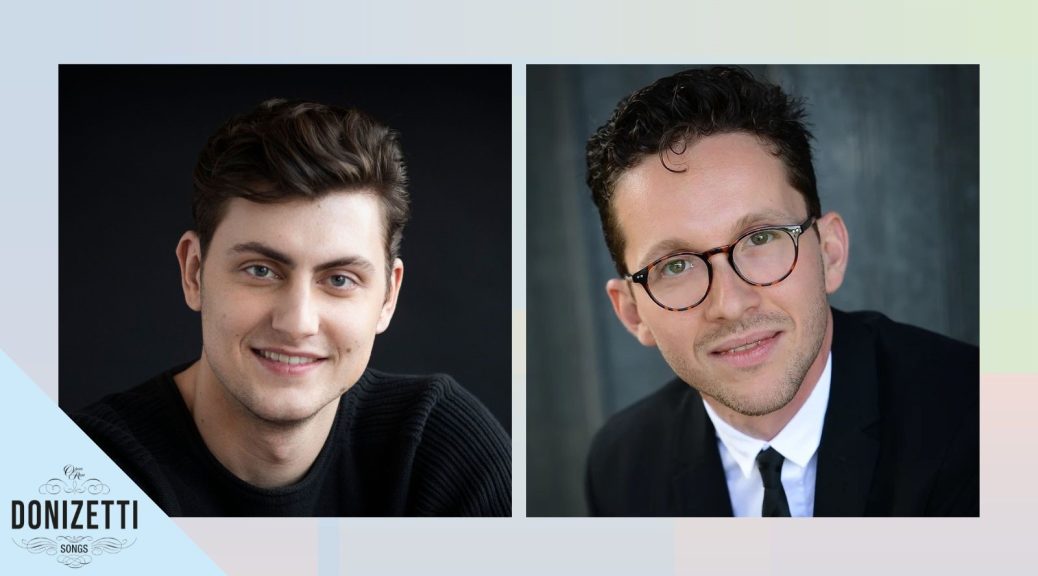
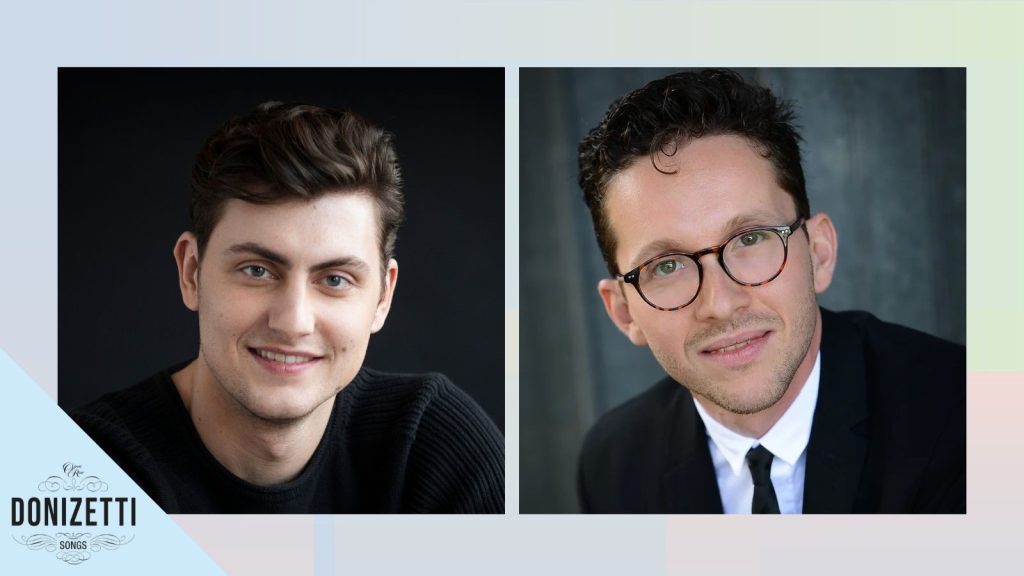
 (4 / 5)
(4 / 5)